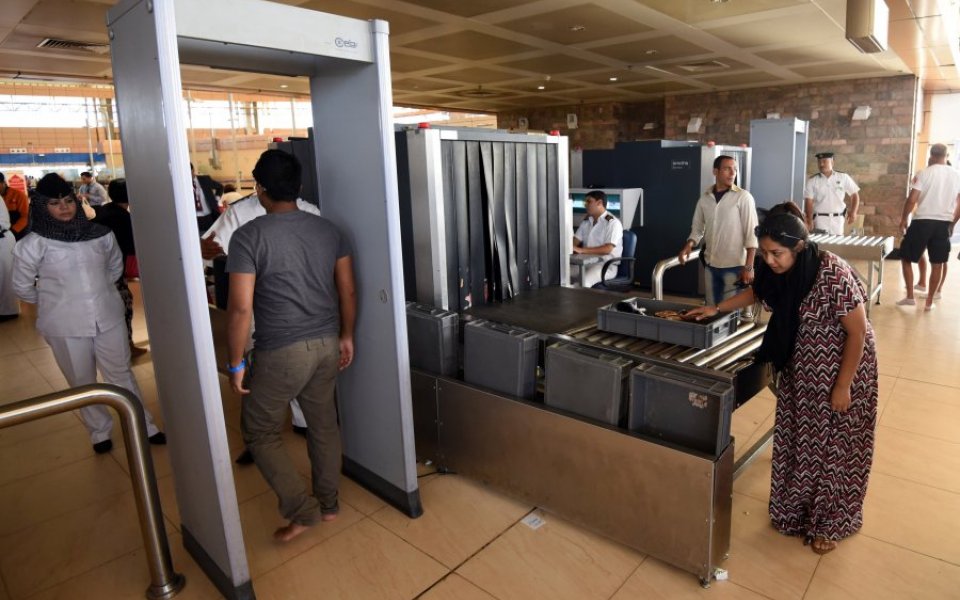Sharm el-Sheikh Metrojet A321 Russian airliner plane crash raises concerns over airport security costs

Thousands of tourists stranded in the Egyptian beach resort of Sharm el-Sheikh are continuing to be brought home this morning, amid concerns businesses could have to absorb the cost of increased security.
The foreign secretary Philip Hammond said that if the crash in Egypt is found to have been caused by a bomb, increased security at airports in certain regions “could mean additional costs."
The Metrojet A321 Russian airliner crashed shortly after taking off from Sharm el-Sheikh on 31 October, killing all 224 people on board.
Investigators have found the crash was most likely caused by a bomb in the plane’s cargo hold.
Mike van Dulken, head of research at Accendo Markets, told City AM: “While the news of the tragedy was priced into the share value for companies with stakes in the area within minutes, if there is a change to security, this could have a longer term impact on company costs.”
Increased airport security can add to the turnaround times for planes and hit budget airlines that need to get the most out of their aircraft.
The share price of airlines that fly to the Egypt has so far proved resilient, with easyJet and British Airways owner IAG unaffected.
This has been put down to the relatively small number of flights to the country these airlines run.
Panmure Gordon managing director Gert Zonneveld said: “For the low cost airlines Egypt is not their biggest market. For easyJet the country accounts for just 0.25 per cent of its flights.”
If changes to security are implemented in Egypt and surrounding countries the effect could begin to be felt.
Rob Byde, airline analyst at Cantor Fitzgerald told City AM: “If there is a significant change in airport security procedures that may slow aircraft turnaround times, or perhaps extra security costs that get passed onto the airlines, this could be reflected in the share price.”
The share price for travel operators Thomas Cook, and Tui, which owns Thomson and First Choice, both fell sharply over the the course of last week, falling further on the news that the crash could have been caused by a bomb.
The operators have barely had chance to recover from the terrorist attack on a holiday resort in neighbouring country Tunisia in June.
Although the share price of operators tumbled on the news of the attack, companies managed to rally.
Van Dulken said: “Tui didn’t comment on the Tunisia attack until it’s next interim results in August. Shares rallied immediately after, and before the latest disaster were trading around May levels.”
Tui's share price recovered following its third quarter results announcement, but the firm said the attack and official warnings about travel to Tunisia would cost it around £20m in 2015.
Thomas Cook also predicted the attack would cost it £20m over the course of the year.
The effect of the plane crash on Egypt’s tourism industry is expected to be severe.
Nadejda Popova, senior travel analyst at Euromonitor International said: “The recent events come as a catastrophic development for the tourism industry in Egypt. 2014 was a good year for the country where inbound flows rose by 8 per cent to reach 10.2m arrivals in 2014, up from 9.5m the year before.”
The extreme security currently in place at the Sharm el-Sheikh airport will soon be relaxed, however airlines and tour operators expect there to be a severe decline in sales for holidays to the resort.
Sales of packaged holidays to Sharm el Sheikh from Thomas Cook and Thompson are expected to be resumed in a fortnight, although these will be at slashed prices.
Thomas Cook has cut its price for an all-inclusive week by 49 per cent to £373.